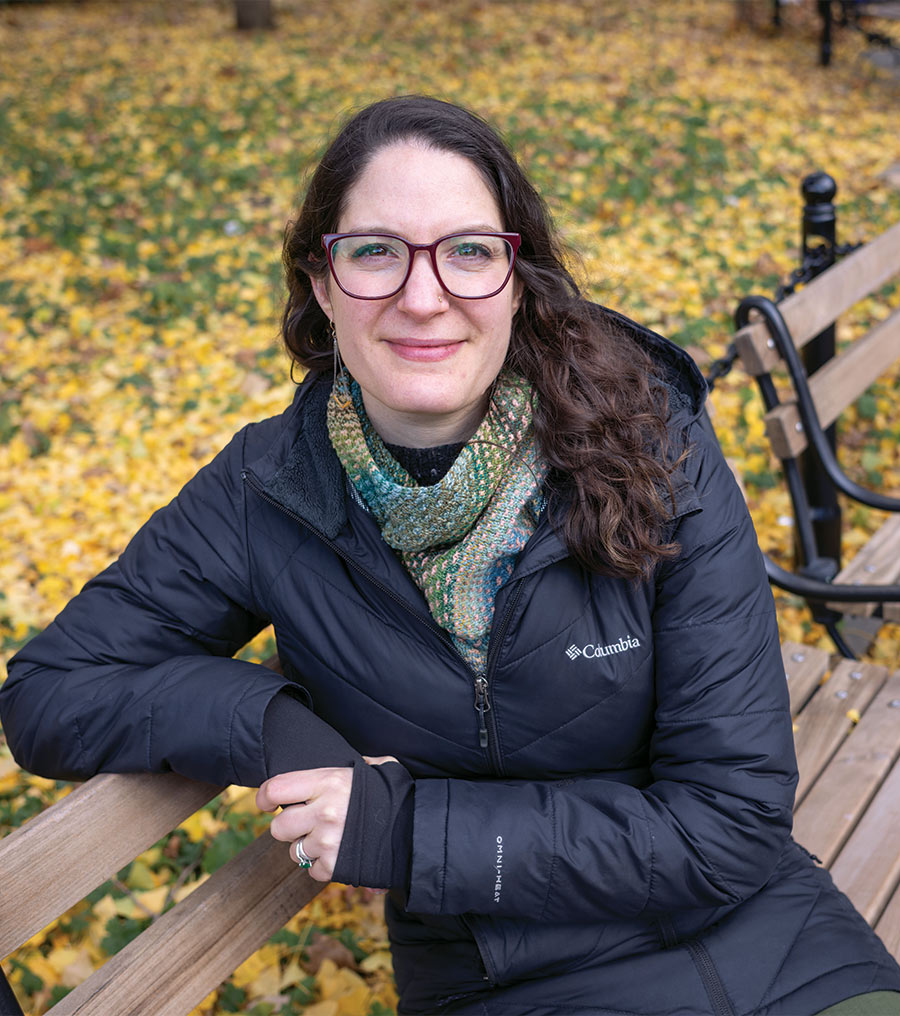Suppressed Through Subtle Means

In addition to her work for Scholars at Risk, a New York University-based organization focused on global academic freedom, Kapit also works closely with the Norwegian Students’ and Academics’ International Assistance Fund, for which she produced a recent report highlighting four mechanisms of supression of student protesters. One of these is delegitimization — “the framing of students as troublemakers, rabble-rousers, violent criminals.”
“I’m interested in the ways in which people’s rights are suppressed through subtle means,” says Kapit. “Delegitimization being one of those, and also the ways that more and more liberal states are implementing illiberal laws, like [Gov. Ron] DeSantis in Florida, that suppress expression and dissent.”
Before joining Scholars at Risk, Kapit spent four years as a visiting professor in the Department of Peace & Conflict Studies at Swarthmore (PCS), where she earned a minor as a student (her major was religious studies). “It’s hard to describe how privileged I feel to have gotten to teach in the program at a time when it was developing into a course major,” she says. “I was lucky to get to develop the new capstone course for PCS majors during my first year teaching at Swat, and I taught it all four years there. That meant I got to work closely with graduating seniors who, like me when I was a student, were thinking about how to take the lessons that they had learned at Swarthmore and in the PCS program forward into their careers and graduate studies.”
Kapit holds a Ph.D. in international education from New York University, where she wrote her dissertation on international norms and standards around what it means to protect students and teachers from attacks.
“The narrative about norms is they become introduced, they’re contested, they become more institutionalized, and they become more taken for granted,” she says. “I think what we’re seeing now in human rights is a reversal of that process. That’s what I find really concerning.”